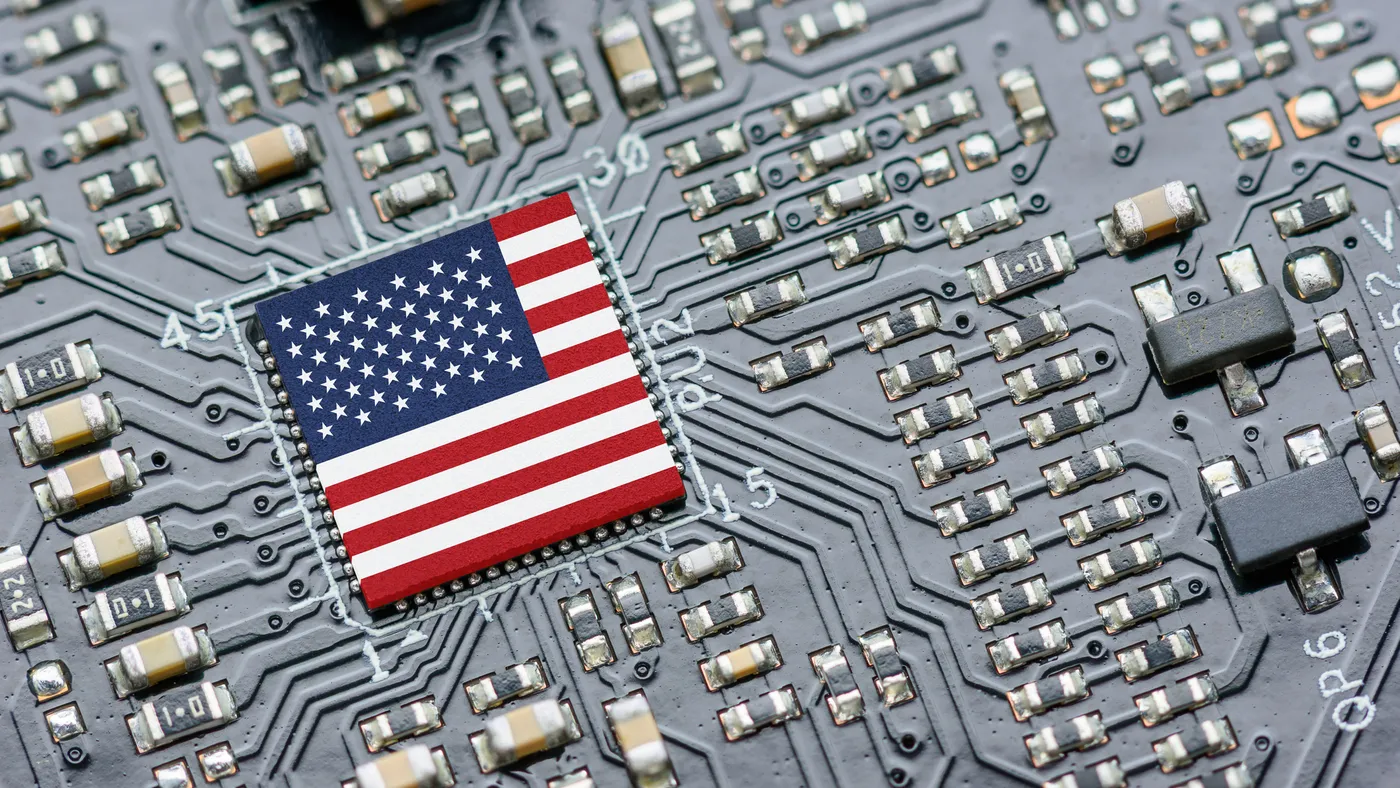It’s been more than three years since the Biden-Harris administration ushered through the CHIPS and Science Act, a landmark technology law that allocates $52.7 billion to bolster U.S. semiconductor manufacturing, research and workforce development. The monumental legislation aims to onshore chip manufacturing, an industry that has long been dominated by foreign countries such as China, Taiwan and South Korea.
Included in the law is $39 billion allocated for semiconductor manufacturing projects, which the Commerce Department began doling out as funding awards in December 2023.
The Biden administration had been racing to finalize awards for companies before Donald Trump took office in January 2025 as he expressed disdain for the federal subsidies, including those granted in the law. However, the Commerce Department has been renegotiating some of the multibillion-dollar contracts to chipmakers funded by the legislation, Secretary Howard Lutnick said during a congressional budget hearing in June 2025.
Some of the top awardees of CHIPS funding are Taiwan Semiconductor Manufacturing Co., Intel and Samsung Electronics, all with awards of more than $6 billion.
The legislation also includes $13.2 billion for R&D and workforce training and $500 million for global semiconductor supply chain security. Additionally, the act offers a 25% investment tax credit for capital expenses related to semiconductor manufacturing and equipment.
Manufacturing Dive is tracking the status of each award funded by the CHIPS Act’s $39 billion for manufacturing projects. Read on for the status and details of each project.






